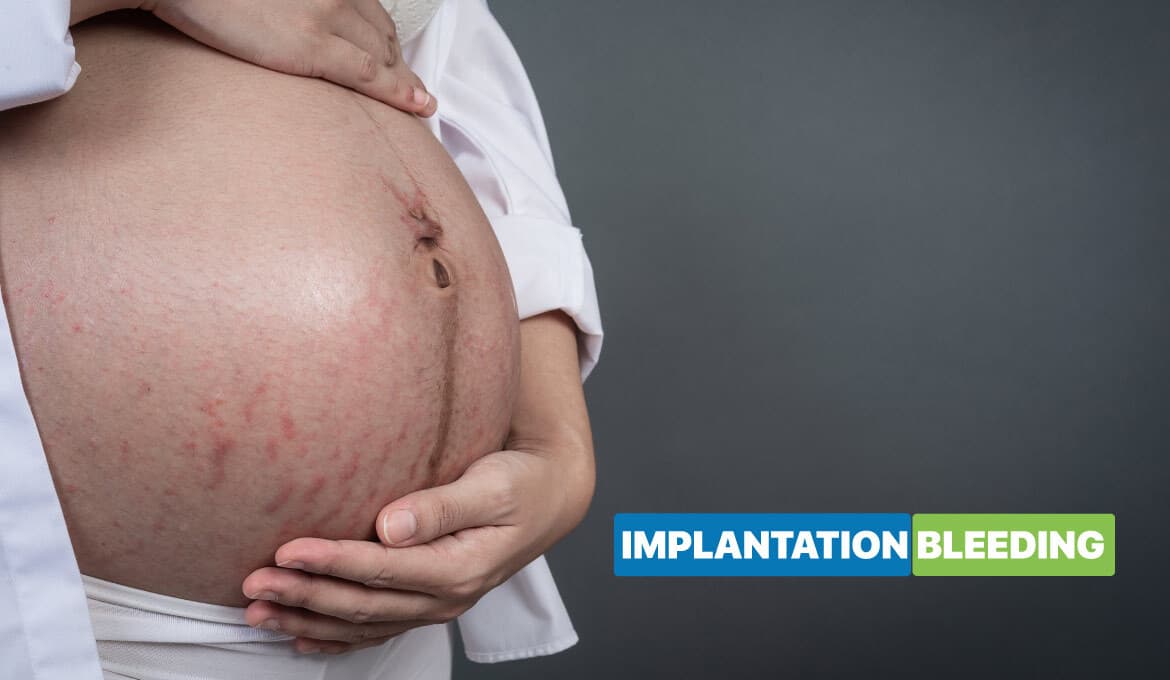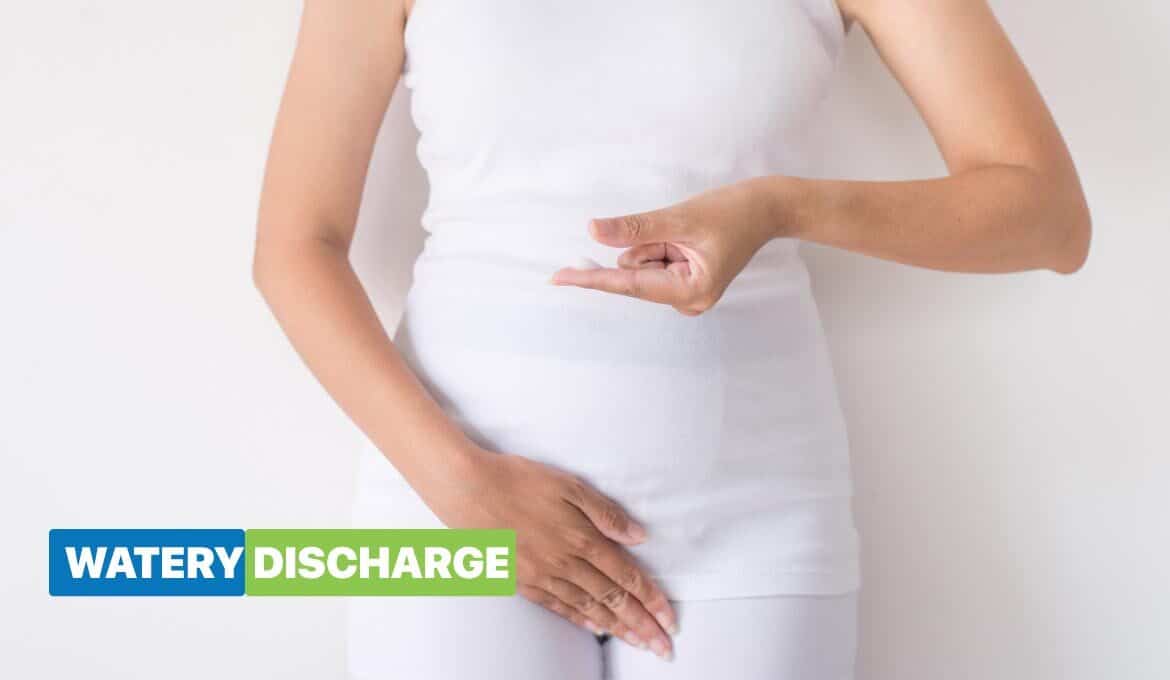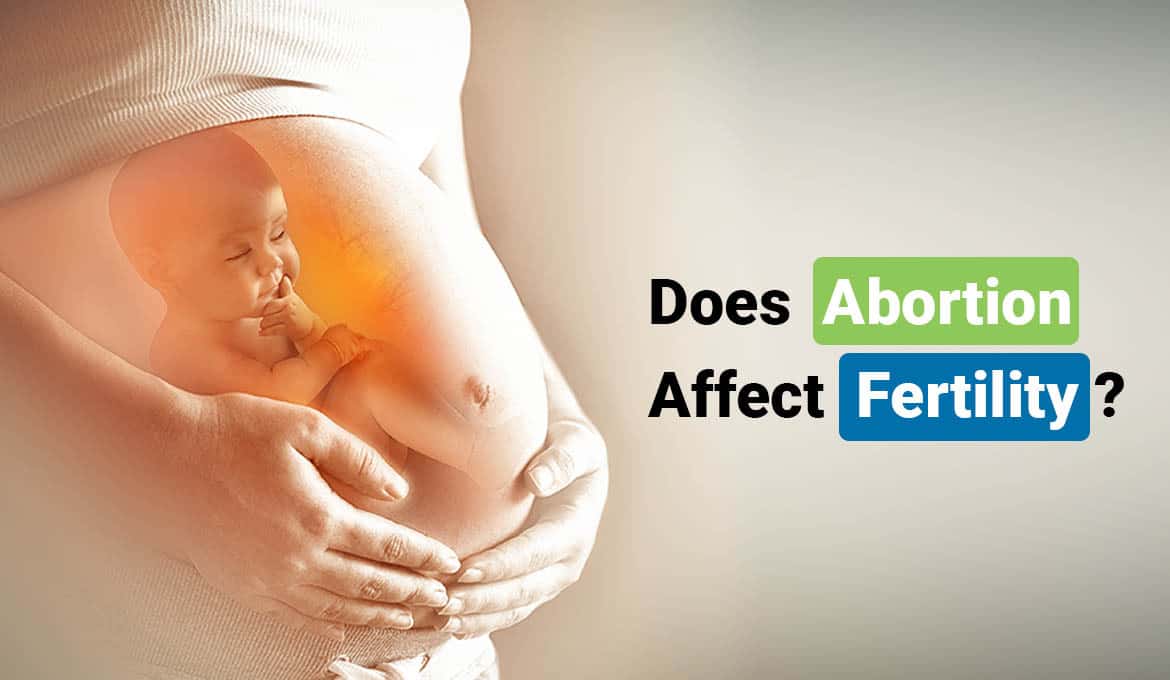
When you are actively trying to conceive, it is important to pay attention to every symptom your body experiences – as it could be a symptom of pregnancy.
While you are pregnant, your body undergoes many symptoms; one of those symptoms is implantation bleeding (a minor blood spotting), experienced by 25% of pregnant people, which usually happens within days of conception, when your fertilized egg gets implanted in the womb, or when the embryo attaches to the lining of the uterus.
This article will discuss more about implantation bleeding, what it is, when it occurs, its causes, symptoms, how to identify it, and when to see a health care provider. Read on to learn more.
What Is Implantation Bleeding?
The embryo travels from the fallopian tube to the uterus and multiplies into a blastocyst (number of bunched cells). When this happens, the uterine wall can break down small blood vessels and cause little bleeding, indicating implantation.
Then, the embryo connects with the endometrium for nutrients and oxygen and begins its 9-month journey to becoming a newborn. Implantation bleeding is lighter than menstrual bleeding, from pinkish or red to brown discharge.
However, noticing and differentiating implantation bleeding from the menstrual cycle can be challenging. So, if you are unsure whether you have experienced your period or implantation bleeding, consult your healthcare provider.
When Does Implantation Bleeding Occur?
Implantation bleeding is an early symptom of pregnancy, but everyone does not experience it. The little implantation spotting occurs 10-14 days (one to two weeks) after your menstrual cycle or when one of your eggs gets fertilized and implants into the uterus lining.
It typically occurs after a week of your ovulation and a few days before the menstrual cycle, so many women wonder whether it is implantation bleeding or your period.
In this case, taking a pregnancy test and checking its results is advisable. However, there is nothing to worry about with implantation bleeding. It is normal and does not cause any harm to you and your baby.
Why Does Implantation Bleeding Happen?
When the sperm joins the egg, the embryo implants into the uterus lining (endometrium). This further builds up with thick vascular tissue or breaks some blood vessels to support a pregnancy, which usually happens before your next period, causing little bleeding.
In simple words, when a fertilized egg moves down to the fallopian tubes and enters the uterine cavity. It attaches to the thickened uterine lining, a process known as implantation.
During this phase, the fertilized egg undergoes further development and becomes a blastocyst, the earliest stage of embryonic growth.
When the blastocyst implants into the uterine wall, it may disrupt endometrial blood vessels, causing light bleeding that exits through the vagina.
Implantation Bleeding: Causes
Bleeding in pregnancy can be due to other reasons; some are harmless, while some are serious. The other causes of bleeding are:
- Sex: At the time of pregnancy, the uterus starts to expand, making the cervix very sensitive, so having sex at this time can lead to bleeding.
- Infection: Any specific infection on the cervix or sexually transmitted diseases like herpes, trichomoniasis, or gonorrhea can cause light bleeding.
- Ectopic pregnancy: This type of pregnancy can cause bleeding with cramping in early pregnancy because the embryo implants and develops outside the uterus. It may grow anywhere, like the ovaries, abdominal cavity, uterine tubes, or cervix, which requires medical care.
- Cervical problems: Sometimes, cervical issues can lead to bleeding due to certain infections, inflammation of the cervix, and abnormal growths on the cervix.
- Threatened abortion: This is the condition when the embryo still lives in the uterus, but due to certain infections, medicines, or physical trauma, the embryo may become weak, which may further lead to bleeding in early pregnancy.
- Miscarriage: It can also be the reason for bleeding in early pregnancy and happens because of the loss of pregnancy. If one experiences bleeding and cramping along with lower back pain, consult medical care, as it can be a sign of miscarriage.
- Molar pregnancy: During pregnancy, a rare complication can occur when abnormal cells develop in the uterus, causing bleeding. A fetus does not grow in this case. The bleeding can be bright red to dark brown, which can cause vomiting, nausea, or pelvic pain. Visit a healthcare provider for the treatment.
However, if you are experiencing bleeding a lot, with or without pain or cramping at any time, call your doctor.
Implantation Bleeding: Symptoms
Little spotting or bleeding occurs near your next period, a sign of implantation bleeding. However, there are also other symptoms of implantations rather than bleeding. The symptoms include:
- Nausea: Nausea, also known as morning sickness and vomiting, is experienced by around 70-80% of pregnant women. After implantation, progesterone levels increase, which slows down your digestion, leading to nausea. It is usually experienced in 4 or 5 weeks of pregnancy and can happen at any hour of the day.
- Headaches: Hormonal changes, particularly progesterone, are good for a healthy pregnancy, but the rising hormone levels can sometimes lead to headaches.
- Lower Back Pain: Another sign of implantation is lower back pain, which many women experience. Because of increased levels of hormones, one may feel a prickling, tingling, or pulling sensation in the lower abdomen. However, these feelings are temporary and last for 1-2 days.
- Mild Cramping: Pregnancy is all about rapid changes or shifts of hormones; these hormonal changes can cause mild cramping. After all, fertilized egg implants are in the uterus and begin to grow.
- Breast Tenderness: Another symptom is breast tenderness. The breast becomes full, stretched, and tender to touch because of the rapid increase of hCG, estrogen, and progesterone hormone. They prepare breasts for breastfeeding after pregnancy.
- Fatigue: Another sign of implantation is fatigue. The leading cause is the increased level of progesterone. Your body develops a baby inside and works the whole day, making you feel more tired than usual, leading to fatigue.
- Bloating: Bloating is another implantation sign caused by rising progesterone, which slows down the digestive system, leading to bloating. It can also increase the chance of constipation.
- Discharge: At the time of implantation, the rapid increase of progesterone makes the vagina walls thick, causing it to discharge milky and white liquid.
- Mood Swings: Changes in hormones during pregnancy can also lead to mood swings. Hormones like estrogen, progesterone, and hCG can make some people deal with depression; some feel happy or anxious.
- Implantation Dip: This term refers to a one-day drop in temperature on a basal body temperature chart. After ovulation, a low temperature signifies that the menstrual cycle is approaching or has already begun.
Remember to visit your doctor if you experience any symptoms or issues affecting your health to get proper treatment.
How to Identify the Difference: Implantation Bleeding Vs. Period
Implantation bleeding usually occurs at the time of your next period, so it is difficult to distinguish whether it's your implantation bleeding or your period. So, here we will discuss some points to differentiate between the two:
- Inspect the blood color: The implantation bleeding color differs from the period color. Implantation bleeding color is pink or brown and a little darker because it takes some time to travel to the vagina, while the period has red color.
- Check the timing: Implantation is a small amount of blood or little spotting. Usually, implantation bleeding timing is around 1-2 weeks after fertilization or 10-14 after conception. The easiest way to find whether it is implantation bleeding is to wait for a few days and do a home pregnancy test.,
- Duration: Another distinction between menstruation blood and implantation blood is that implantation blood is very light and happens only for a few hours. Menstruation lasts for some days, from heavy to light blood flow.
- Texture: The texture of implantation bleeding should not be very thick and should not contain clots like that of menstrual blood.
- Amount of discharge: Another critical point to distinguish between the two is the amount of blood discharged. The implantation only discharges a small amount of blood or spotting, while periods discharge a heavy blood flow.
However, if you are still not sure what you are experiencing and are still confused between implantation bleeding or period blooding, the best thing is to do the pregnancy test after a few more days of your missed periods.
How Is Implantation Bleeding Diagnosed?
Some diagnostic tests are performed to check the conditions of implantation bleeding, which also confirm your pregnancy:
- Human Chorionic Gonadotropin (HCG) blood test: This test is performed to measure the level of hCG hormone called human chorionic gonadotropin through blood or urine samples to confirm your pregnancy and related complications.
- Fetal ultrasound scan: This ultrasound is usually performed in the early stage of pregnancy and scans the length of your pregnancy (gestational age) and other pregnancy complications.
- Papanicolaou (Pap) smear test: Pap test is a routine screening test to test cervical cancer in women and other sexually transmitted diseases that may lead to vaginal bleeding.
When To See A Doctor?
If bleeding occurs the same as described above and lasts 1-2 days, then there is no cause for worry as it is a natural process. You may also experience morning sickness, back pain, or breast tenderness, which is also normal and a symptom of implantation bleeding.
But suppose there are other reasons, like irritations, other vaginal infections or diseases, or heavy vaginal blood flow, and you are unsure about the cause. It is time to visit the doctor because the bleeding can be due to ectopic pregnancy, miscarriage, or molar pregnancy.
Remember to call your doctor if you are unsure about your healthy pregnancy. They will examine the stage of your pregnancy, the amount of blood, any pain, and all other potential risk factors to give you the proper treatment.
Conclusion
Implantation bleeding is a normal part of pregnancy. It occurs in some pregnant women as an early pregnancy symptom when the egg is fertilized and attached to the uterus lining, further busting some of the uterine blood vessels and causing little spotting or bleeding.
So, if you experience implantation bleeding, do not worry. It can be a symptom of early pregnancy. However, it is a little tricky to determine whether it is the blood of implantation bleeding or period, but some factors help.
Hopefully, from the above discussion, you know everything you need about implantation bleeding and distinguishing between the period and implantation.
If you are unsure of the symptoms you are dealing with, wait for some days after your missed period date and do a home pregnancy test.
You can also reach out to your healthcare provider to confirm your pregnancy and share all the symptoms you are experiencing to help your doctor conclude with better treatment.
FAQs
1. Why does implantation bleeding occur?
Ans: Implantation bleeding happens when a fertilized egg begins to implant by connecting to the uterus lining, which further breaks down blood vessels and vascular tissue, leading to bleeding.
2. Does implantation bleed smell?
Ans: Implantation bleeding does not have a strong smell. However, if you smell foul discharge, it may indicate a specific infection. So, visit your healthcare provider for proper treatment.
3. Does implantation bleeding mean you are pregnant?
Ans: Implantation bleeding is one of the early signs of pregnancy. It typically occurs some days before your expected period or during egg fertilization.
4. What are the symptoms of implantation?
Ans: Some symptoms of implantation are little spotting, mild cramping, morning sickness, mood swings, bloating, headaches, or breast tenderness.
5. In which pregnancy week did implantation happen?
Ans: A woman can experience implantation in 3-4 weeks of pregnancy when the fertilized egg moves through the fallopian tube to implant in the uterus lining.
Read Also:














